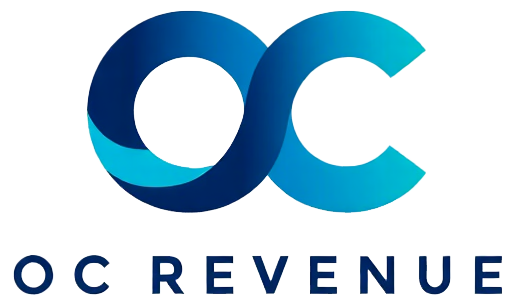Revenue Attribution & ROI Analysis measures the financial impact of marketing and sales activities to optimize investment decisions
Attribution and ROI analysis link spend to outcomes for smarter budgeting and performance optimization
Revenue Attribution & ROI Analysis are key components of performance measurement that help businesses understand the return on their marketing and sales expenditures. Attribution models—such as first-touch, last-touch, and multi-touch—distribute revenue credit across customer touchpoints to provide visibility into the buyer’s journey.
ROI analysis quantifies the monetary benefits gained relative to costs incurred, highlighting areas of high and low performance. Together, these insights enable smarter budgeting, campaign optimization, and accountability across teams.
Advanced attribution and ROI analysis align data and strategy to optimize investment and long term growth
Implementing effective Revenue Attribution & ROI Analysis requires accurate data collection, integration across platforms, and sophisticated modeling techniques. Organizations must align marketing, sales, and finance data to ensure attribution reflects real-world business outcomes.
Attribution models vary in complexity and suitability depending on the customer journey and sales cycle. Multi-touch attribution, for example, assigns weighted credit to multiple interactions, offering a nuanced view of influence and engagement.
ROI analysis extends beyond simple revenue calculations by incorporating customer lifetime value, acquisition costs, and operational expenses. This comprehensive view supports long-term strategic planning and investment prioritization.
Advanced analytics platforms and AI-driven tools increasingly enhance attribution accuracy and ROI forecasting. These capabilities help leaders identify emerging trends, optimize campaigns in real time, and maximize the impact of their marketing and sales efforts.

















